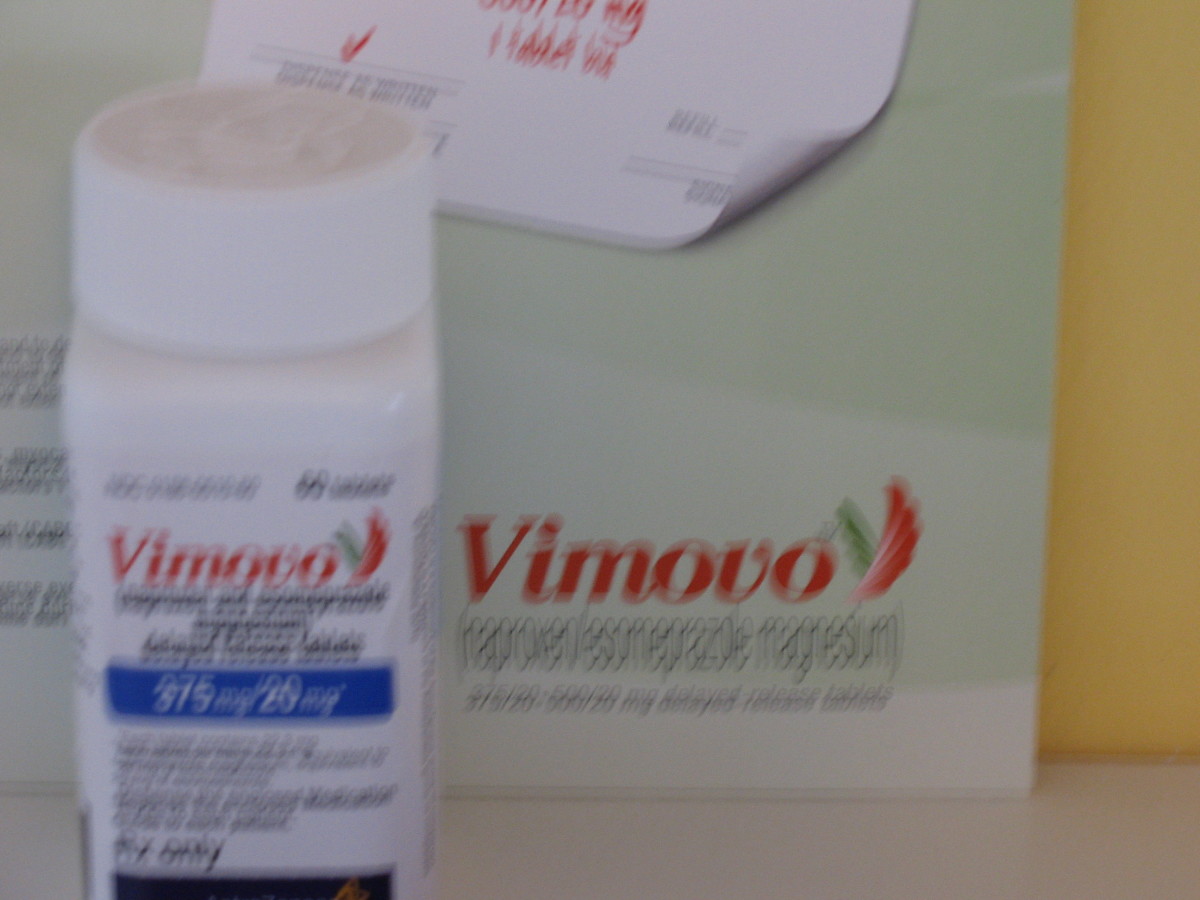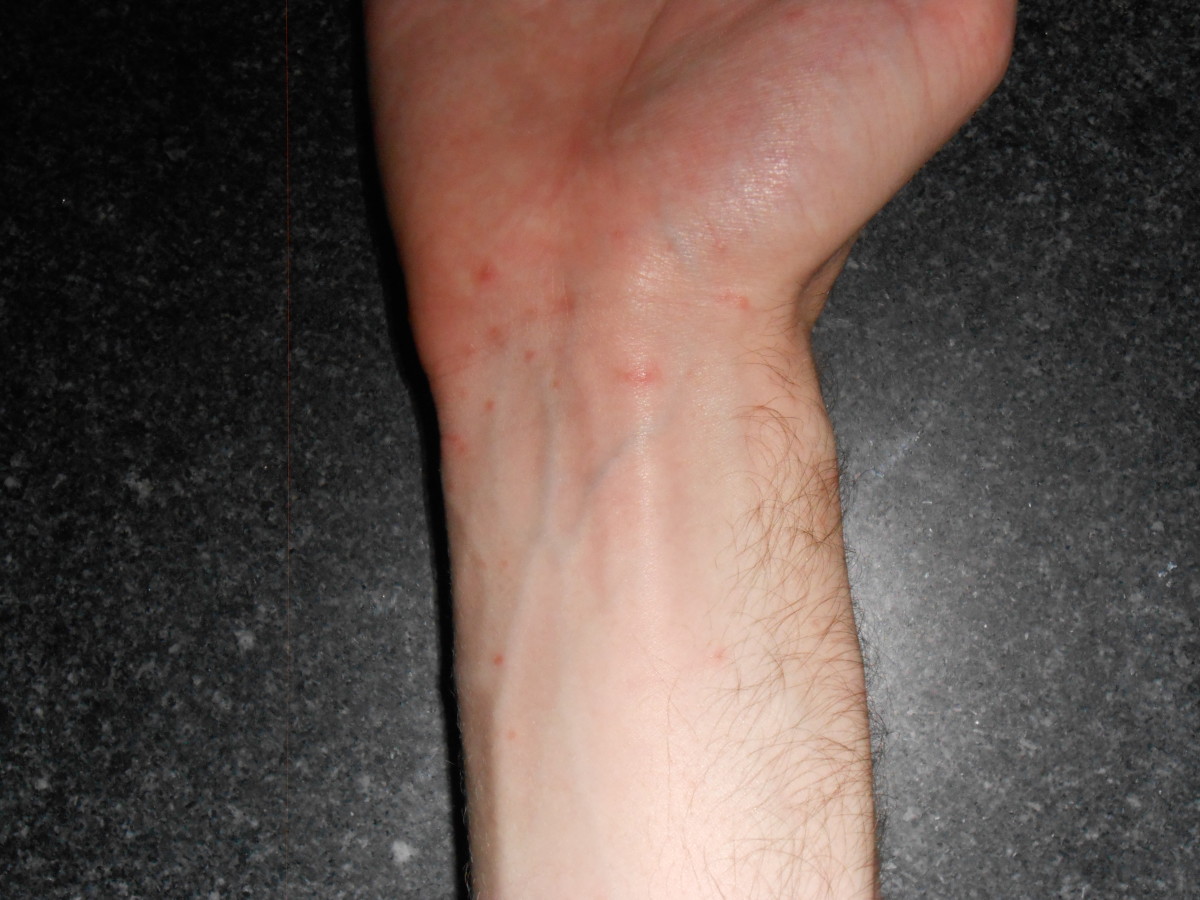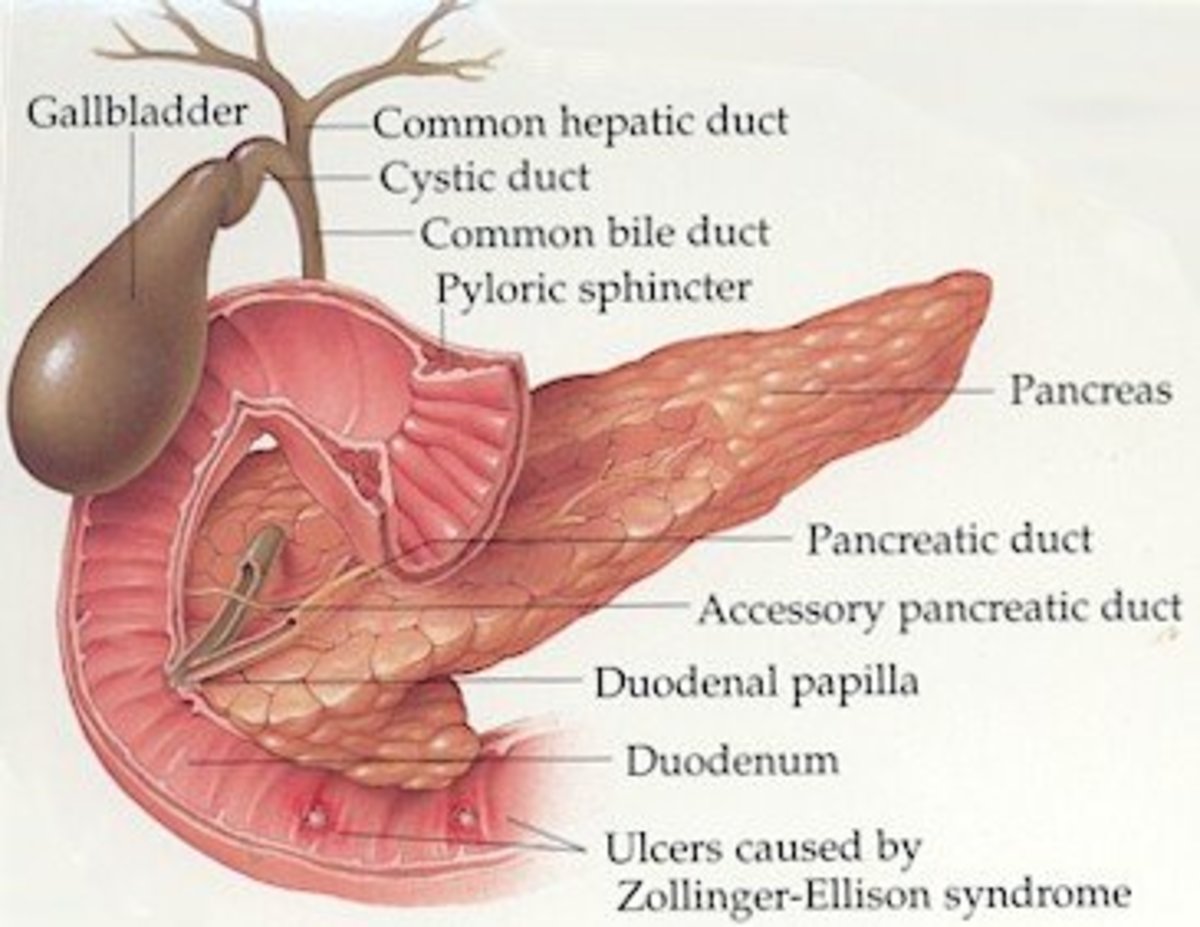The Clinical Significance Of The Management And Prophylaxis Of Viral Hepatitis
Bed Rest Of Patient With Viral Hepatitis Infection
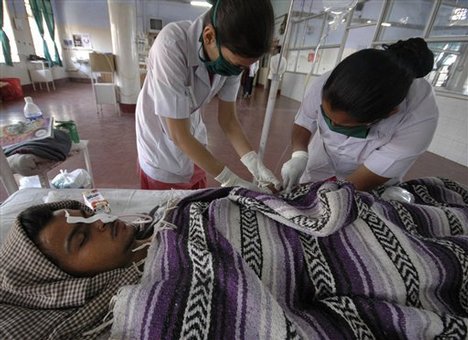
Management Of Viral Hepatitis
Bed rest: All patients with acute viral hepatitis should be put to bed since this helps in speeding up recovery and avoiding complications. Heavy physical exertion is better avoided for a period of six months.
Diet: It is customary to recommend a low-fat diet in the early stage of viral hepatitis so as to reduce nausea and abdominal discomfort. A normal diet can be resumed as the appetite returns.
Drugs: There is no specific drug active against the virus. Corticosteroids have been tried extensively in the past though there is no objective proof for any beneficial effect on the course of the disease or in preventing complications. On the other hand, they may produce serious side effects and even predispose relapse and chronicity. The present tendency is not to use corticosteroids routinely.
Antiviral agents like vidarabine are under trial. Final results are awaited. All hepatotoxic agents including alcohol should be avoided. It is better to use the minimum of drugs in active viral hepatitis. Though, many indigenous drugs have been claimed to be beneficial on empiral grounds, so far there is no proof of objective benefits. Their possible adverse effects are largely unknown. Complications are managed as they appear.
Follow up: Prolonged follow up is necessary in cases which have developed complications.
Drugs Administration In Managing Viral Hepatitis Infection
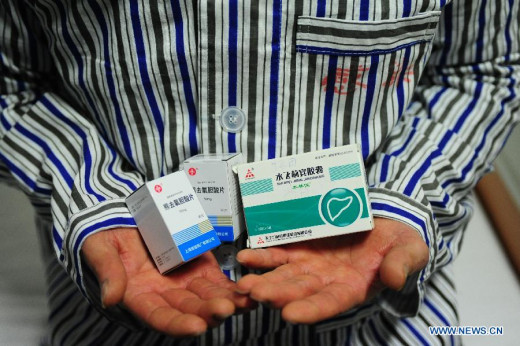
Infectious Diseases
Prophylaxis Of Viral Hepatitis
HAV infection can be prevented by boiling drinking water for 10 minutes during the epidemics. General precautions to prevent fecal-oral spread should be instituted. These include personal hygiene, disposal of excreta and control of flies. There is no effective vaccine against HAV, though these are under development.
Passive immunization: Immune serum globulin (ISG or pooled human gammaglobulin) prevents or modifies virus A and NANB infections. The dose is 0.02 to 0.12 ml/Kg given intramuscularly within 10 days of exposure. Passive immunization is indicated in contacts of HAV hepatitis, pregnant women at risk, travelers to endemic areas and those who have received probably infected blood. The protection lasts for 4 to 5 months, therefore, the dose has to be repeated at 5 month intervals.
Hepatitis B: Avoidance of professional blood donors, avoidance of pooled blood products and screening of all blood donors for HBsAg by RIA help to minimize the risk of transmission. Boiling all equipment for ten minutes or autoclaving will destroy the virus. Those who have had jaundice during the past six months and those who are known to have caused post-transfusion hepatitis should be rejected as blood donors.
Passive Immunisations: Passive immunization is required for those who have no demonstrable antibody against HBs. Hepatitis B immune globulin (HBIG) contains a high titer of anti HBs and affords passive protection if given within two days of exposure, for three months. The initial dose is 0.05 to 0.07 mg/Kg body weight intramuscularly. A second dose is given 25 to 30 days later. The immunity lasts for a period of six months. Passive immunization is indicated for needle-prick exposure, spouses and sexual partners of patients with acute hepatitis B, recipients of HBsAf+ blood or for mucosal contact of HBsAg positive material as in laboratory workers. Babies born to mothers who develop hepatitis B during the third trimester or who are positive for HBsAg at the time of delivery should be given 5 ml HBIG on the day of birth and then every five weeks for six months till the baby is actively immunized.
Hepatitis B vaccine: Vaccine is prepared from circulating HBsAg of symptomless carriers. This contains purified inactivated alum-conjugated 22 nm HBsAg particles after removing the Dane particles. It is highly antigenic, but non-infective. It is effective and safe. It is given intramuscularly in three doses (1ml), the first two at an interval of one month and the third dose, six month later. It protects 95% of those inoculated, if given within 48 hours of exposure.
Vaccination is indicated for the high risk groups like parenteral drug abusers, homosexuals, patients and staff of hemodialysis units, those requiring repeated blood transfusions and babies born to infected mothers. Alternate sources of the vaccine is the use of recombinant DNA technology and synthetic peptide vaccines are being explored. It has become clear that intradermal injection of 0.1 ml of vaccine gives adequate protection. This method helps in reducing the cost of treatment considerably.
© 2014 Funom Theophilus Makama


